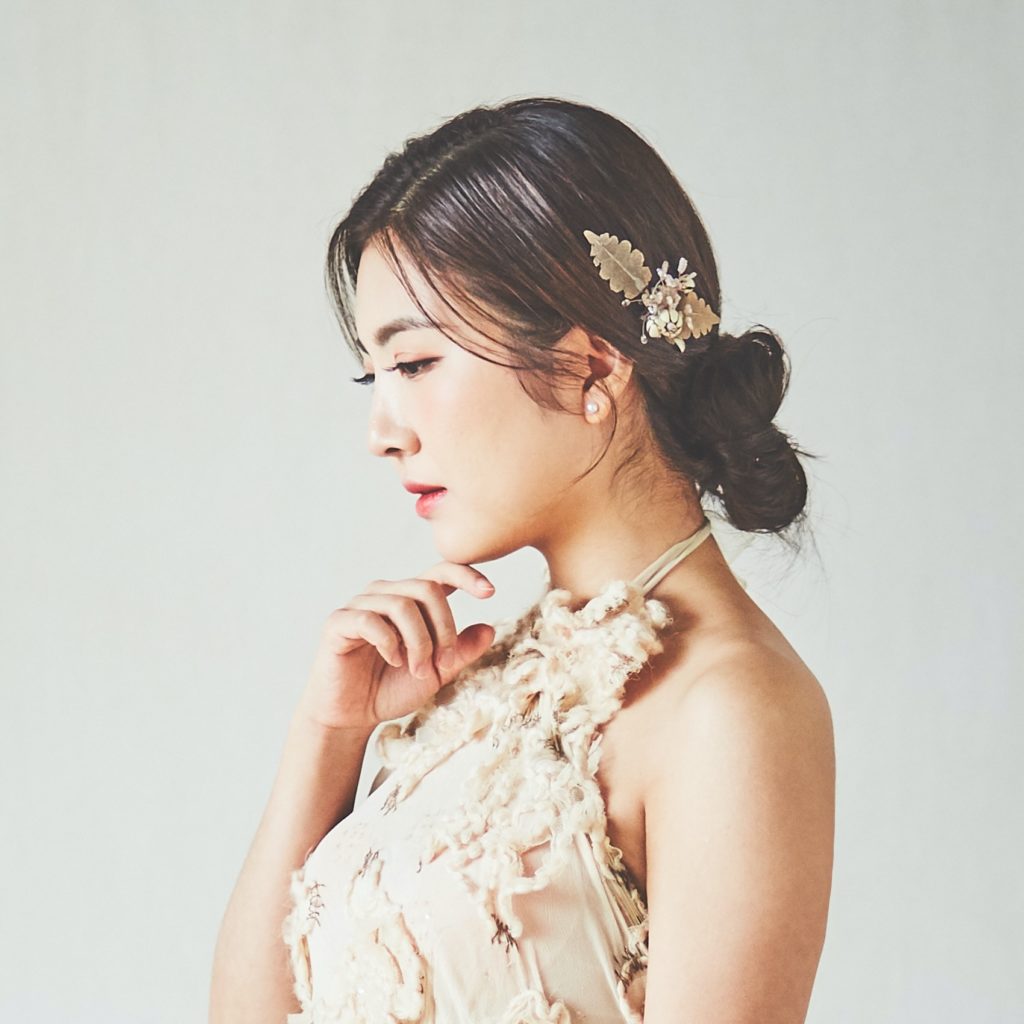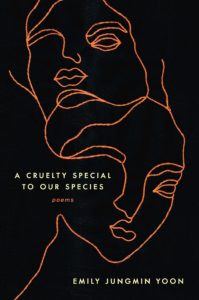Being Seen, Being Loved by Poetry: Thoughts on Emily Jungmin Yoon’s Writing

I don’t recall how I initially came across Emily Jungmin Yoon’s work but her poems looked me in the eyes and said, “This is for you.” In her poems, I find a speaker who is questioning like I am questioning, and this is one of the most realistic, visceral ends of poetry for me. It is a gift when the poem becomes a companion, a friend who can empathize well because they do, in fact, know what you’re going through.
I am seen by Yoon’s poems because the act of articulation, or trying to articulate, is specific to our shared cultural context and ethnic background. What it means to be Korean-American or Korean-Canadian—to be Korean away from Korea, to be first-generation, and to be a woman—comes with its own set of struggles and joys, and her poems on these subjects capture inexplicable particularities that I know intimately.
I read “Say Grace” and “Bell Theory” in issues of Poetry Magazine and found a poet who wrote tenderness for herself and for me. In “Say Grace,” the speaker knows how religion manifests differently “in this country” as opposed to “in my country” and how we regularly negotiate terms of living in “this country” while being from “my country.” When the speaker touches her throat in “Bell Theory,” as she signifies her foreignness through her Korean name and her mispronunciation of English words, I feel the heat of my own embarrassment as I remember a similar memory. I don’t know how else to say it: I wave at these poems and they wave back at me.

A Cruelty To Our Species is Yoon’s latest collection (which includes “Say Grace” and “Bell Theory”) and soon after I had it in my hands, I read it in one sitting. The poems largely center on Korea’s colonial history and the suffering of “comfort women,”the women who were forced into sexual slavery during the Japanese occupation.
The collection highlights the pretense of a gap between the past and present, showing that the present is never relieved of the past and that it bears the past’s consequences. After reading the book, I was compelled to think about certain contemporary issues related to sexual assault and violence that Korean feminists are confronting; what it means to consider transnational feminism as someone living in the U.S.; and how sexual violence was, and is, a global pandemic. There is urgency and poignancy in these poems, and clear, embodied testimonies to facts and feelings that readers of all backgrounds cannot ignore.
To no one’s surprise, I was elated to hear that Yoon’s book was a 2020 Kate Tufts finalist, and I can’t wait for what she has in store.
—Stacey Park
If you are interested in hearing more about Yoon’s poems and her work, keep an eye out for an upcoming podcast episode of Poets At Work. Yoon and I chat about some of the themes mentioned here and more. Be sure to follow @CGUTufts on Instagram and Facebook and @CGUTuftsAwards on Twitter for updates.
Share